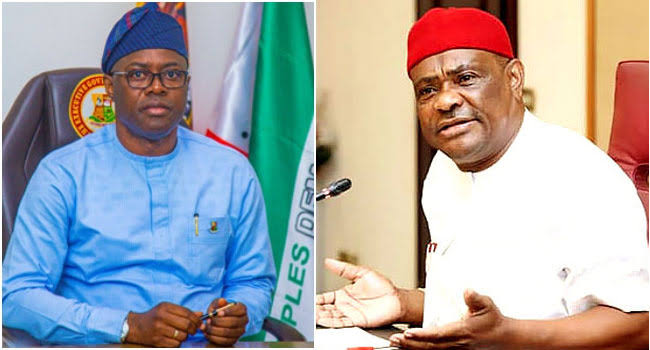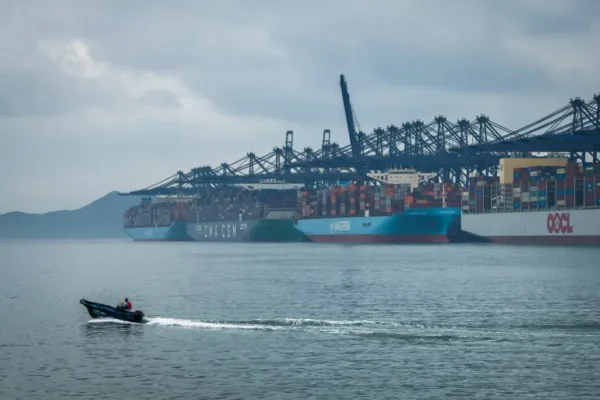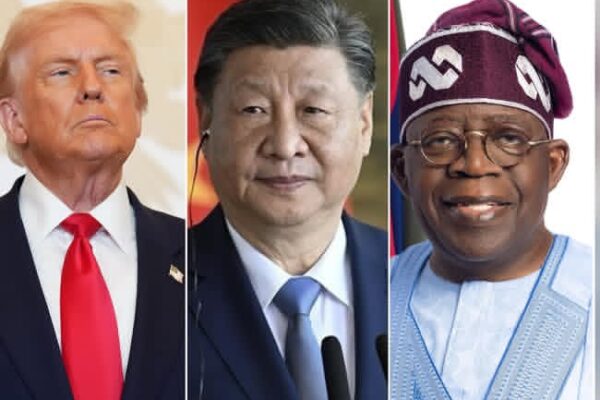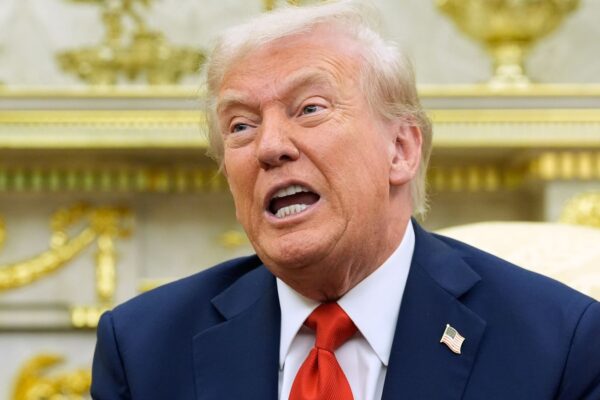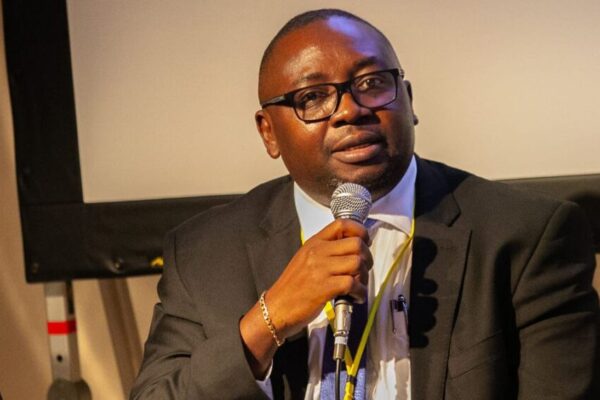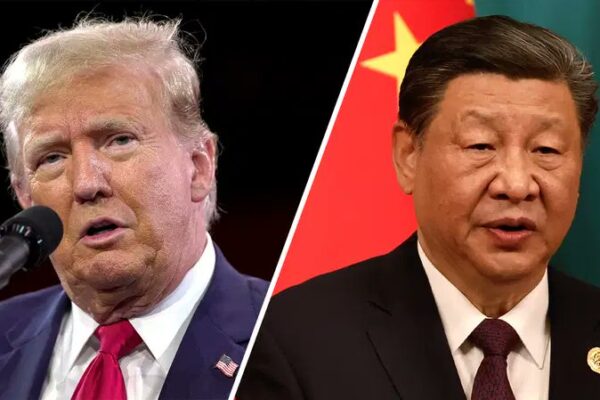
China Condemns US Over Planned Intervention In Venezuela’s Oil Sector
China has strongly condemned the United States’ planned intervention in Venezuela’s oil sector, sharply criticising President Donald Trump’s actions as a violation of international law. Foreign Ministry spokeswoman Mao Ning described the US move as an “outrageous use of force” and said Washington’s insistence that Venezuela manage its oil resources according to an “America First” agenda amounts to harassment and undermines the rights of the Venezuelan people. “Venezuela has full sovereignty over its natural resources and economic activities,” Mao said, adding that China’s own rights and interests in the country must also be protected. The criticism follows Trump’s announcement on his Truth Social platform that Venezuela’s interim government would transfer 30 million to 50 million barrels of “sanctioned oil” to the United States, with the proceeds intended to benefit both Venezuelans and Americans. China, a key ally and the largest buyer of Venezuelan oil, has consistently opposed foreign interventions in the South American country. The condemnation also comes in the wake of a US military operation that led to the removal of Nicolás Maduro and his wife, Cilia Flores, which Beijing and other global powers have denounced as a breach of Venezuela’s sovereignty. Mao’s statement reflects growing international concern over the US actions, highlighting tensions surrounding Venezuela’s oil resources and the broader geopolitical implications of unilateral interventions.

